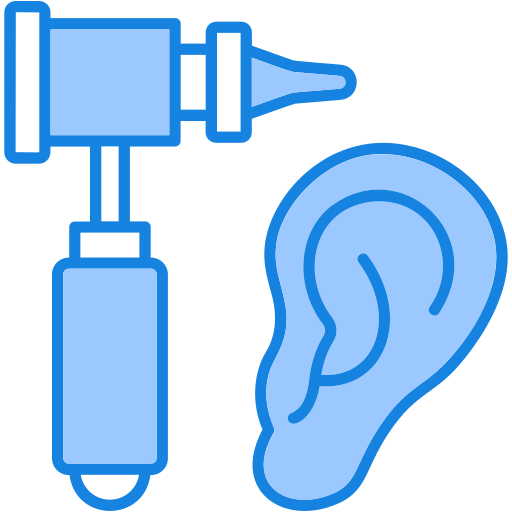
Tinnitus Clinic Hawkesbury
Bringing Peace Back to Your Everyday
Personalized care and strategies to reduce ear ringing, improve comfort, and enhance your daily life.
Mickel Khairallah, Clinical Audiologist and Owner
A Message to My Patients
If you’re experiencing tinnitus — that constant ringing, buzzing, or hissing in your ears — know that you’re not alone. I understand how challenging it can be, especially when it starts to affect your focus, sleep, or quality of life.
As an audiologist with experience treating tinnitus and speaking at events like Acouphène Québec, I’ve helped many people understand what triggers their symptoms and how to manage them.
This page will guide you through the basics: what tinnitus is, what may cause it, and how we can treat it together. If you’d like to explore more in-depth topics, you’ll also find helpful articles on my blog.
You don’t have to suffer in silence — I’m here to help.
Tinnitus Management — The Earsonic Way !
At Earsonic, our care starts with listening — to you. We begin by asking detailed questions to better understand your symptoms, how they affect your life, and to assess the severity of your condition.
Next, we perform a comprehensive hearing test to evaluate the health of your ears and your overall hearing ability. We will also review your current medications, as some can contribute to or worsen tinnitus.
With this full picture in hand, we create a personalized treatment plan tailored to your needs, along with practical tips and strategies to help you manage your tinnitus more effectively.
What Is That Ringing in Your Ears?
Tinnitus is the perception of sound that doesn’t come from an external source. It’s not a disease — it’s a symptom of an underlying issue, often related to the ear or auditory system.
There are two main types:
Subjective tinnitus: Heard only by the person (most common)
Objective tinnitus: Rare, heard by both the patient and examiner (e.g., from blood vessel or muscle movement)
The sounds may be:
Ringing, Buzzing, Hissing, Clicking, Roaring, Pulsing (like your heartbeat)
Tinnitus Treatment Options
Once a full evaluation has been completed and the cause of your tinnitus has been identified, there are several ways to manage the condition. While there is currently no definitive cure, many people find relief through various evidence-based treatment approaches.
One of the most frequent underlying factors is hearing loss. In fact, research shows that approximately 90% of people who experience tinnitus also have some degree of hearing impairment. In these cases, hearing aids — especially those with built-in sound therapy features — can significantly ease symptoms by amplifying external sounds and reducing the perception of ringing or buzzing.
For individuals who are not ideal candidates for hearing aids, other options such as professional counseling or Tinnitus Retraining Therapy (TRT) may be recommended. These therapies aim to retrain the brain’s response to tinnitus and help reduce the emotional distress it can cause. Addressing any contributing factors is a crucial part of successfully managing tinnitus and improving overall quality of life.
How Hearing Aids Can Help with Tinnitus
When hearing loss and tinnitus occur together — which they often do — hearing aids can offer meaningful relief for both conditions. These devices not only improve overall hearing but also play a key role in reducing the awareness of tinnitus.
By boosting surrounding sounds, hearing aids help mask the internal noise caused by tinnitus, making it less noticeable. Many modern hearing aids come with integrated sound therapy, which can be programmed to deliver calming background sounds like soft white noise, ocean waves, or gentle rain. These sounds help distract the brain from focusing on the ringing or buzzing sensations.
Some advanced models even allow for fine-tuned customization based on the pitch and volume of your tinnitus. This individualized programming helps address the specific characteristics of your tinnitus, offering greater comfort and relief. By enhancing auditory input and masking internal sounds, hearing aids not only restore communication but also improve quality of life for those living with persistent tinnitus.







